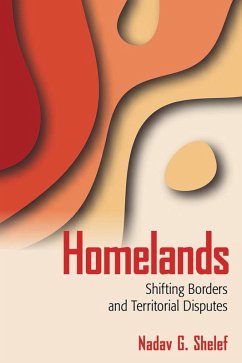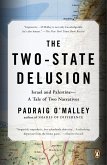Why are some territorial partitions accepted as the appropriate borders of a nation's homeland, whereas in other places conflict continues despite or even because of division of territory? In Homelands, Nadav G. Shelef develops a theory of what homelands are that acknowledges both their importance in domestic and international politics and their change over time. These changes, he argues, driven by domestic political competition and help explain the variation in whether partitions resolve conflict.
Homelands also provides systematic, comparable data about the homeland status of lost territory over time that allow it to bridge the persistent gap between constructivist theories of nationalism and positivist empirical analyses of international relations.
Homelands also provides systematic, comparable data about the homeland status of lost territory over time that allow it to bridge the persistent gap between constructivist theories of nationalism and positivist empirical analyses of international relations.
Dieser Download kann aus rechtlichen Gründen nur mit Rechnungsadresse in A, D ausgeliefert werden.









